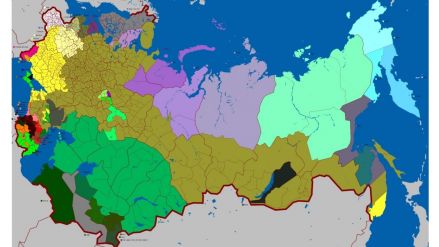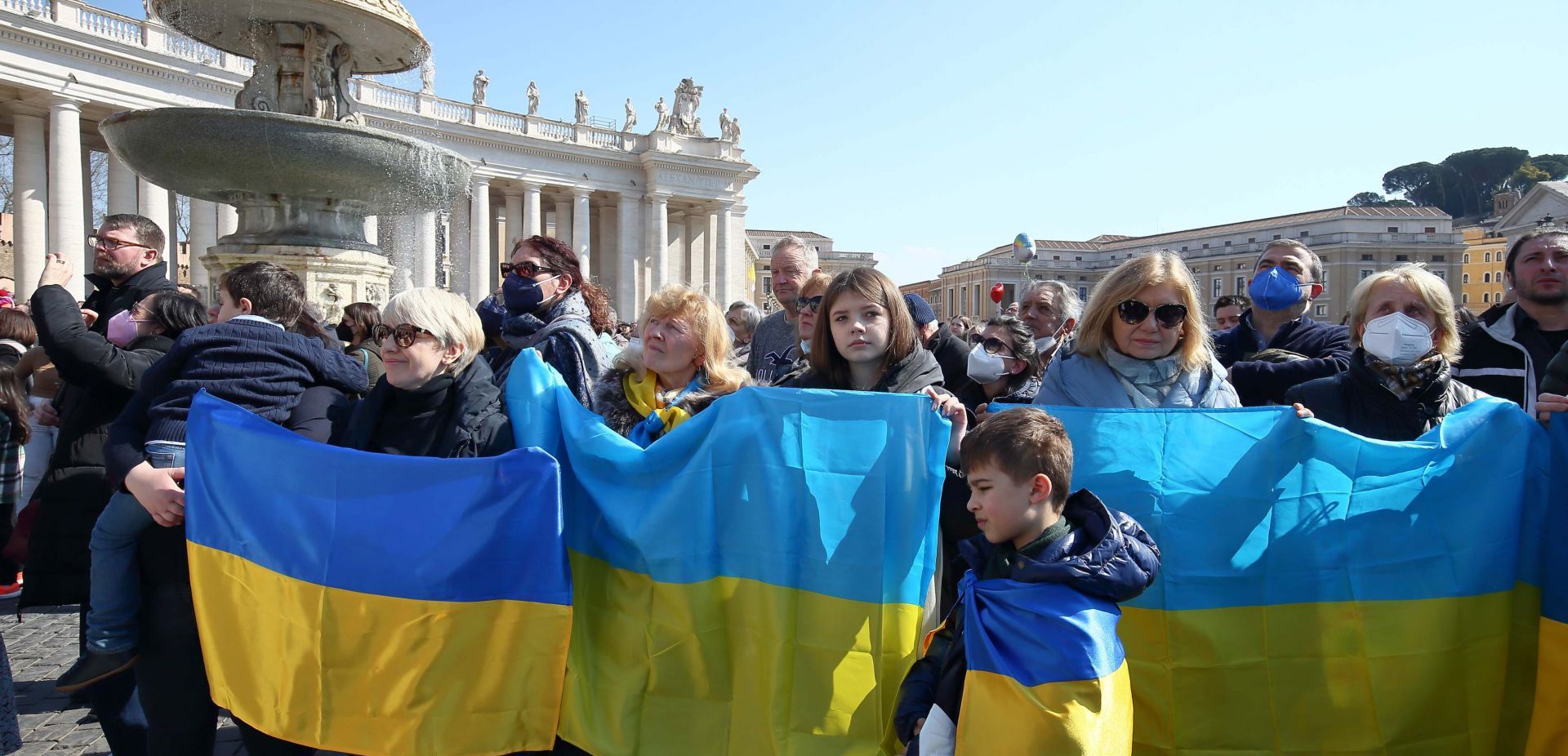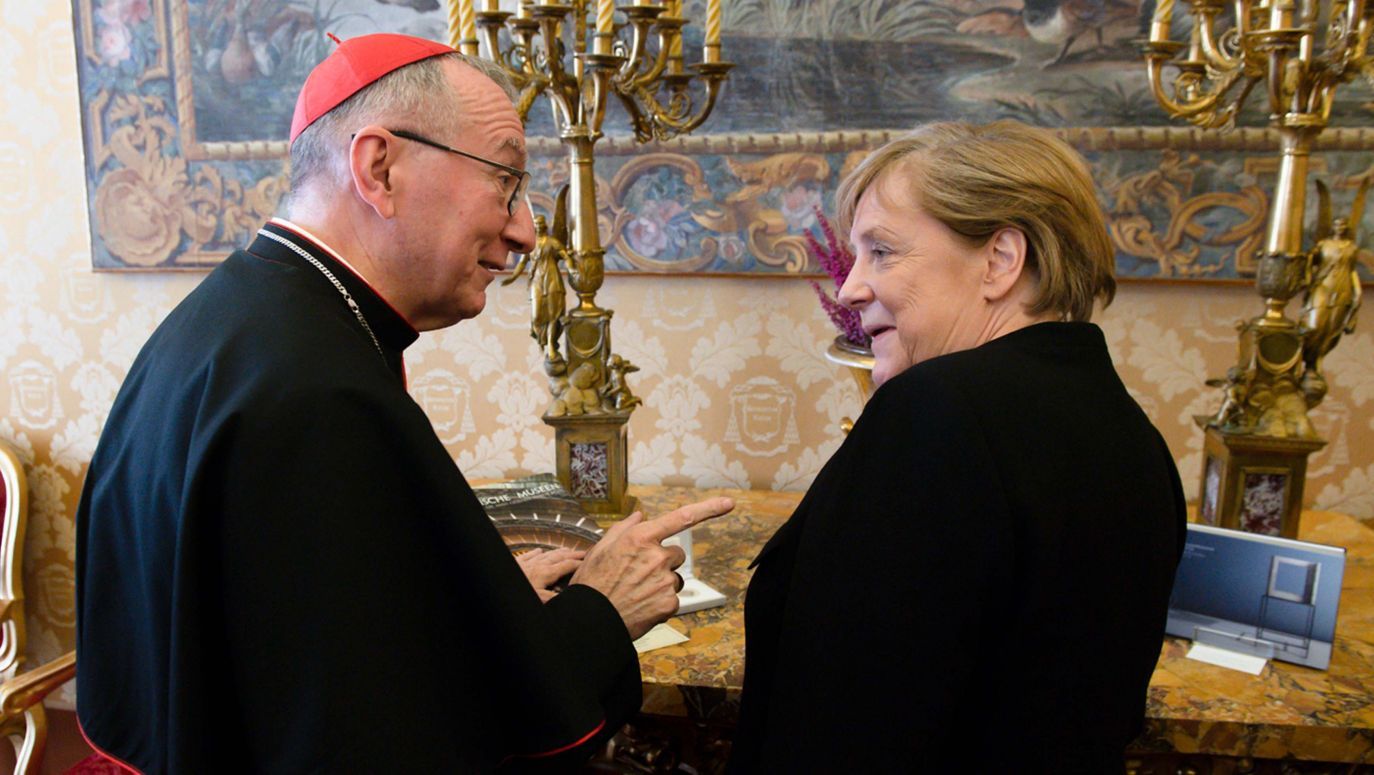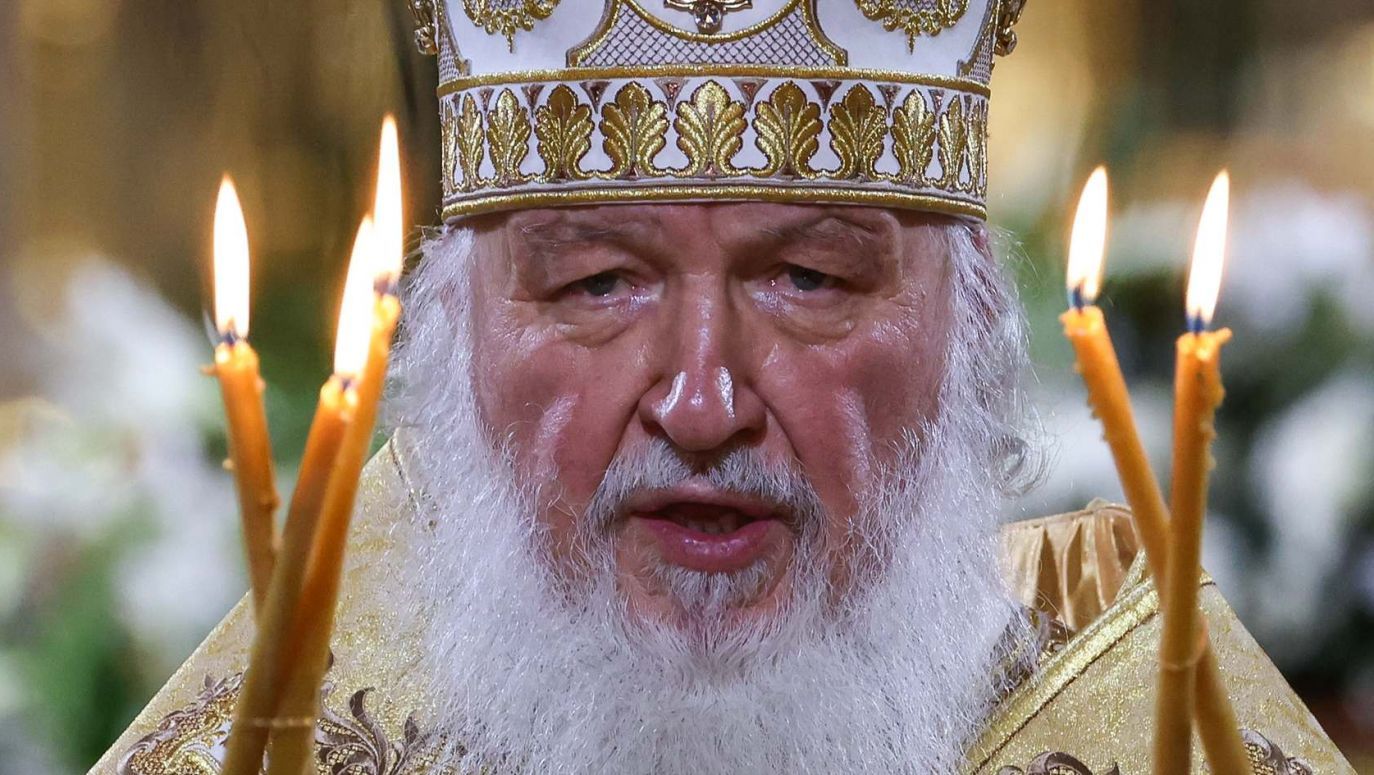Kyiv waits for the Pope
16.03.2022
The Pope immediately went to the Russian embassy on 24 February, the day of the Russian aggression. "It hurt me very much and it hurts until now, these visits", says a believer of the Greek Catholic Church, a Ukrainian living in Poland, an active participant of aid activities and prayer actions. "Why didn't the Holy Father visit our embassy?", she asks with regret.
Will Pope Francis visit Kyiv? Will he decide on such an act of support for a Ukraine attacked by Russia and, at the same time, on such a message of hope and peace as his very presence there would mean?
Vitaliy and Vladimir Klitschko, the mayor of the Ukrainian capital, and his brother, once world-famous boxers who are among the defenders of Kyiv, have appealed for direct support for the Pope, which would be his visit, even if only for a few hours, to the besieged city. Bishop Edward Kawa, auxiliary bishop of Lviv, spoke with enthusiasm and hope about such a project on the day when the papal envoy, Cardinal Konrad Krajewski, arrived in Lviv. But also in Poland there are initiatives to address the Pope with such an appeal.
"Rivers of blood and tears are flowing across Ukraine. This is not just a military operation, but a war that sows death, destruction and misery,", the Pope said to the faithful on Sunday, March 6. He raised hopes that the world would not leave this unjustifiably attacked country alone.
"Holy Father, we are waiting for you!" This is what Kyiv and many of the faithful in Poland are calling out. "We believe that Your presence in Kyiv is able to change the situation and Russian troops will leave Ukraine. We ask for your arrival, trusting that you will bring a message of peace to a place where a terrible war is raging, threatening peace throughout the world." - will such an appeal reach the Pope?
The authors of this initiative - and several others, including an appeal to consecrate Ukraine to the Heart of Jesus and to Our Lady - are acting independently of any official structures, because they have no faith in their effectiveness. The attitude of Cardinal Pietro Parolin, after the Pope the highest-ranking representative of the Holy See, its Secretary of State, is not only discouraging but also puzzling.
Since 24 February, that is, since the beginning of the Russian aggression against Ukraine, he has not once used this very phrase: that this is an aggression, an attack, a war, and that Russia is the perpetrator. And yet he is the main executor of the Vatican's foreign policy - and arguably the Pope's main adviser on foreign affairs, Francis' main source of knowledge.
The war has made time run faster and not everyone remembers anymore that the Pope went to the Russian embassy immediately, on 24 February - the day of the Russian aggression - which many observers and commentators considered an important and strong step, but also the first part of the "diplomatic package" - until it turned out that the second part was not going to happen. The Pope did not arrive at the Ukrainian embassy. So it was no "package" at all, and by many of the faithful the visit was seen as understanding - or trying to understand - Russian demands, if not supporting them.
"It hurt me very much and it hurts until now, these visits", says a believer of the Greek Catholic Church, a Ukrainian living in Poland, an active participant of aid activities and prayer actions. "Why didn't the Holy Father visit our embassy?", she asks with regret.
If the Pope himself could have been the initiator of the visit - because it is his style, which is already well known, although still not fully accepted by the dignitaries and the faithful - then it can be assumed, although it is almost bordering on certainty, that the visit to the Ukrainian embassy could have been discouraged by Cardinal Pietro Parolin.
A deposition reporting on Cardinal Parolin's statement to the Italian daily Il Messaggero, which Catholic News Agency (KAI) put in its news service on the night of 9-10 March, provides sad justification for such suppositions.
"I am very concerned about what is happening. Now it is really total war," Cardinal Pietro Parolin stated.
Now? After two weeks of attack, bombardment, shelling, murder?
The cable reads: "to journalist Franca Giansoldati's remark that, according to the mayor of Mariupol, Russian troops bombed a 900-bed civilian hospital, that there were children under the rubble, and that one of them died of dehydration", and the questions "what has all this to do with a military operation, as the Russians define it?", Cardinal Parolin replied: "This is not only a legitimate question, but also a correct one, because the first version that was given about this war was that it was a military operation to destroy Ukraine's military installations and thus to ensure and guarantee Russia's security, but the bombing of the children's hospital has nothing to do with this objective."
The journalist of Il Messaggero asked Cardinal Parolin about his conversation with the head of the Russian Foreign Ministry, Sergei Lavrov - whether it was possible to deduce from the talk what the ultimate goal of Russian action was, perhaps the capturing of Kyiv.
"He said that the aim is to guarantee Russia's security, that everything that has happened in recent years threatens the country's security. That was the content of that telephone conversation"- Cardinal Parolin announced. And he stated this without any comment. KAI reports after the Italian daily that "he did not want to qualify the Russian crimes, pointing out that other bodies are called upon to do so".

In the 1920s after initially taking control in the country, Moscow then accused Ukrainians of attempting to wrench the Far East from the Soviet Union.
see more
It is good that he at least noted that "It is unacceptable, however, that a hospital is being bombed. There is no reason or motivation to do so'. Here he really was a skilled diplomat, because it was impossible not to say so. I write this, of course, with irony.
This is no time for irony, however. If, on the fourteenth day of the war, a serious diplomat - and a Catholic clergyman at that - continues to refer to Russian propaganda, one may well ask what he means and what he is driven by.
If he is concerned about the good of dialogue with the Russian Orthodox Church, then in view of the deaths of people who were innocently attacked, including children, this is probably not the highest good. Especially as the attitude of the Patriarch of Moscow and All-Russia, Kirill, in no way refers to this good. On the contrary, Kirill is solely and exclusively a supporter of Vladimir Putin and his military-imperial ideology. With arrogance and with rhetoric loyal to Russian aggression, he responds to letters, appeals and questions from his Orthodox brothers of the Church in the West, letters from other hierarchs of the Christian world, appeals from scholars.
Unexpectedly, this pro-Russian rhetoric is joined by Archbishop Carlo Maria Viganò, the former Papal Nuncio to the United States and in a sense an adversary of Pope Francis. In his - straightforwardly shocking - statement, Viganò writes that "in practice, the Russian Federation is threatened militarily - by weapons and missile bases - just a few kilometres from its borders, while there is no military base at a similar distance from the United States" - and adds that NATO has not kept its promise to Russia not to expand its borders.
It is hard to believe when one sees such a passage in his, Archbishop Viganò's, statement: "If we look at what is happening in Ukraine, without being fooled by the blatant fabrications of the mainstream media, we realize that mutual respect for the law has been completely ignored; indeed, we have the impression that the Biden administration, NATO and the European Union consciously want to maintain a situation of obvious imbalance, precisely to prevent any attempt at a peaceful solution to the Ukrainian crisis, provoking the Russian Federation to spark a conflict."
By provoking the Russian Federation!
It is difficult not to refer to examples from John Paul II's recent activity in international affairs. In 1978 he intervened in Chile and Argentina, then there was Argentina and Great Britain in the Falklands-Malvinas war, then there was Sarajevo and the dramatic appeal against the war in Iraq. But there was also a personal letter to Leonid Brezhnev about Poland, when on 16 December 1980 the Polish Pope wrote: "I speak out of concern for the fate of Europe and the whole world". And he reminded firmly, though still diplomatically, of the principles contained in the CSCE Final Act, in particular "the principle of respect for the inalienable rights of sovereignty, as well as the principle of non-interference in the internal affairs of each signatory".
Will Pope Francis make a clear decision? Will he respond to the appeals, requests and hopes of so many people around the world who believe that his visit to Kyiv and his message of peace can change the situation?
– Barbara Sułek-Kowalska
Translated by Tomasz Krzyżanowski








